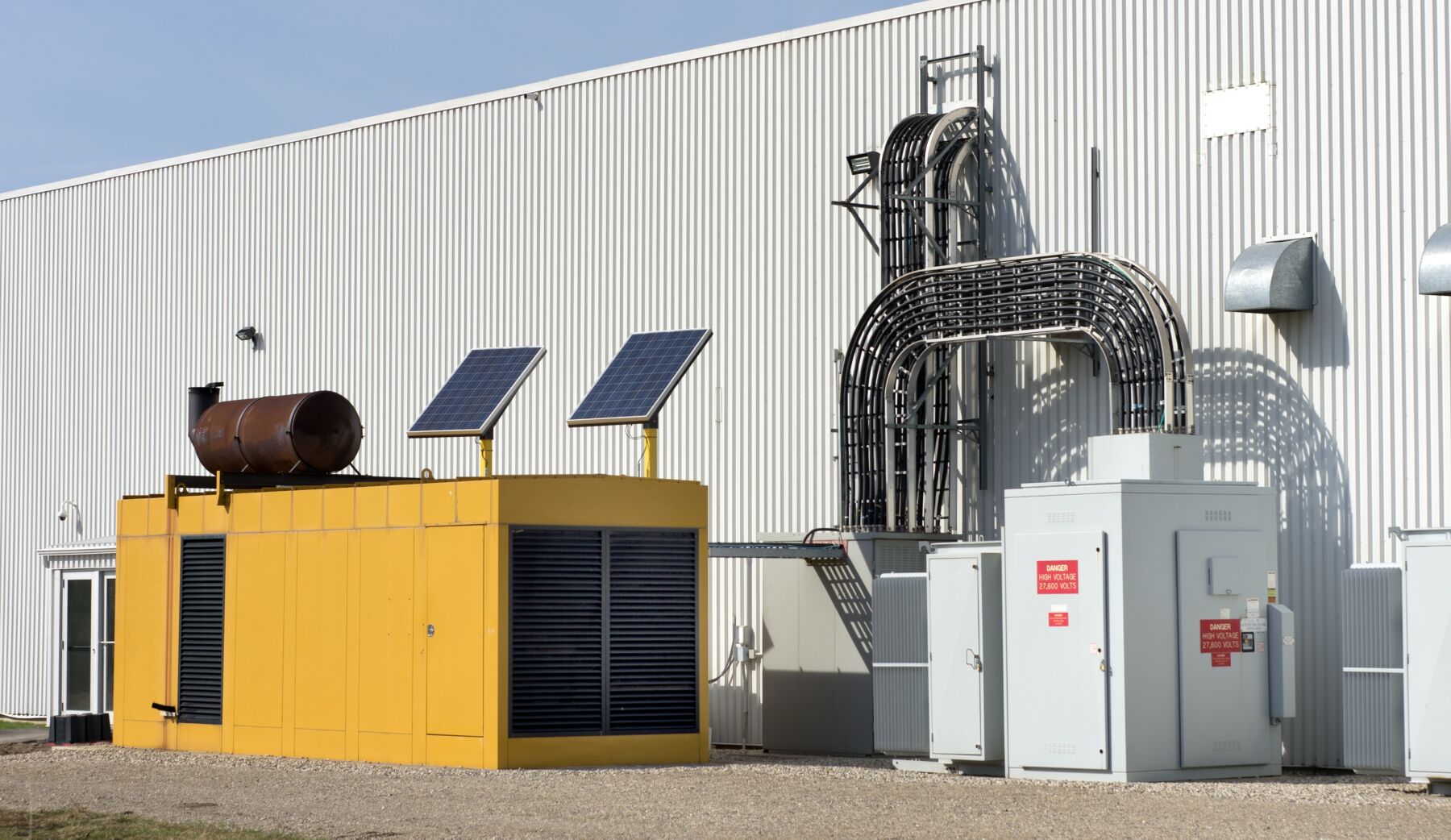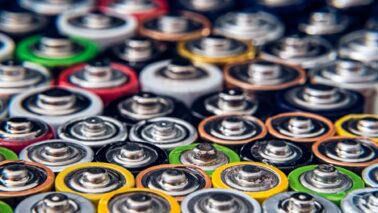Uninterruptable Power Supply (UPS)
An uninterruptable power supply (otherwise known as a UPS) is an electrical device that provides instantaneous backup power to a system or piece of equipment in the case of a power failure. A UPS works hand-in-hand with a backup generator to bridge the power gap while the generator ramps up to being fully operational. The UPS keeps systems and equipment running, while also protecting them from voltage surges, drops, noise, or distortion, until the backup generator takes over. In some cases, a UPS is needed to keep equipment and systems running until they can be properly and safely shut down, thus protecting critical data, information, and the piece of equipment itself.
Since a UPS is not meant to replace a backup power system but instead work alongside it, they generally can only provide power for a short period of time (on average 20 to 30 minutes). In order to sustain long term power in the case of an outage, a backup generator is needed to support a longer timeframe.
How long does a UPS last?
It generally lasts five to ten years. Since electricity is stored via batteries, the batteries generally need to be replaced ever three to five years.
Want to learn more about our emergency power solutions and experience? Read more here.
Leave a question or comment:





